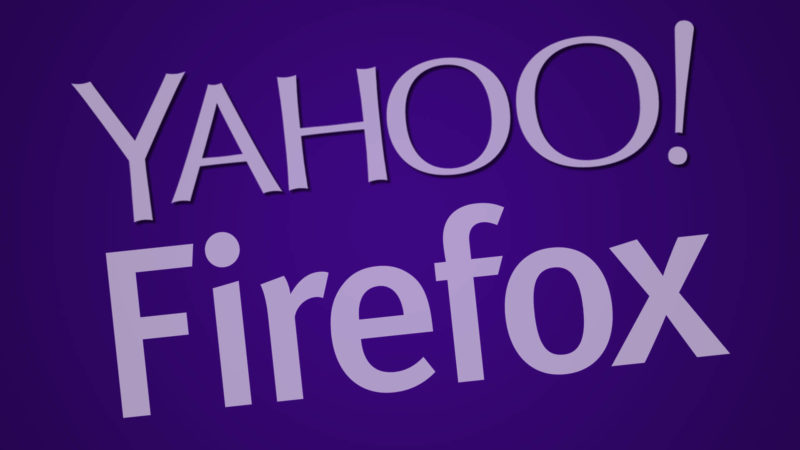Yahoo parent sues Mozilla for replacing it with Google as Firefox default search
Mozilla countersues and says that poor Yahoo search quality caused Firefox to lose market share.
Roughly three years ago, Yahoo and Mozilla announced that Yahoo would be the default search engine on Firefox in the US. That relationship ended early when Mozilla released the much-improved Firefox Quantum browser last month, with Google as the default search provider.
Now, Yahoo’s parent company, Oath (Verizon), is suing Mozilla for breach of contract. Oath says that Mozilla “terminated a long-term strategic agreement with Yahoo” on November 10. Yahoo adds that prior to filing suit, it “demanded that Mozilla take immediate steps to cure its breaches and rescind its termination notice.”
The lawsuit seeks unspecified money damages and interest from Mozilla. We haven’t seen the contract, but Mozilla’s rationale for termination is pretty clearly laid out in a cross-complaint against Yahoo/Oath, claiming that it had a right to terminate the relationship under the contract:
We recently exercised our contractual right to terminate our agreement with Yahoo based on a number of factors including doing what’s best for our brand, our effort to provide quality web search, and the broader content experience for our users.
Immediately following Yahoo’s acquisition, we undertook a lengthy, multi-month process to seek assurances from Yahoo and its acquirers with respect to those factors. When it became clear that continuing to use Yahoo as our default search provider would have a negative impact on all of the above, we exercised our contractual right to terminate the agreement and entered into an agreement with another provider.
Mozilla’s response and counterclaim indicate there was a clause that gave the company an out if certain conditions existed or didn’t continue to exist. The dispute in court will likely boil down to a factual determination of whether Mozilla’s concerns were legitimate and supported by evidence.
Mozilla basically says that Yahoo failed to uphold search quality standards that it promised to maintain at the time of the initial agreement in 2014. Below is an excerpt from some of the interesting factual allegations in the redacted Mozilla filing:
Yahoo Search consistently failed to retain users and search volume over time, reducing the potential revenue [for Mozilla] under the Strategic Agreement. Rather than focus on improving the quality of its search product, as Yahoo assured Mozilla it would prior to entering into the deal, Yahoo continually focused on short-term monetization and special events such as the Olympics and the election, at the expense of product quality . . .
These issues began early in the relationship. As early as January 2015, Mozilla began discussions with Yahoo on the shortcomings of the quality of the search product . . . Mozilla determined in January 2015 that the user experience Yahoo Search provided was sub-par [and] identified “five areas I’d like to push Yahoo! on of the next few weeks.” … In no particular order, these issues affecting search quality included the relevancy of advertisements served on users, aggressive autocorrect, sub-par relevancy results, the content of answers, and the basis for triggering particular content.
Mozilla continued these types of discussions with Yahoo in March 2015, reiterating that Mozilla “wants improvement for both parties to grow marketshare,” but the “current experience is causing users to move.”
Mozilla cites third-party data that asserts that during the term of the agreement, Firefox lost market share to Chrome. It attributes this (at least in part) to Yahoo search. Yahoo/Oath will likely argue that issues with the browser experience (e.g., speed and performance) were to blame instead. The truth probably lies somewhere in between.
Firefox’s market share is about 13 percent to Chrome’s nearly 59 percent. Yahoo search market share is roughly 12 percent to Google’s 63 percent.
Opinions expressed in this article are those of the guest author and not necessarily Search Engine Land. Staff authors are listed here.
Related stories
